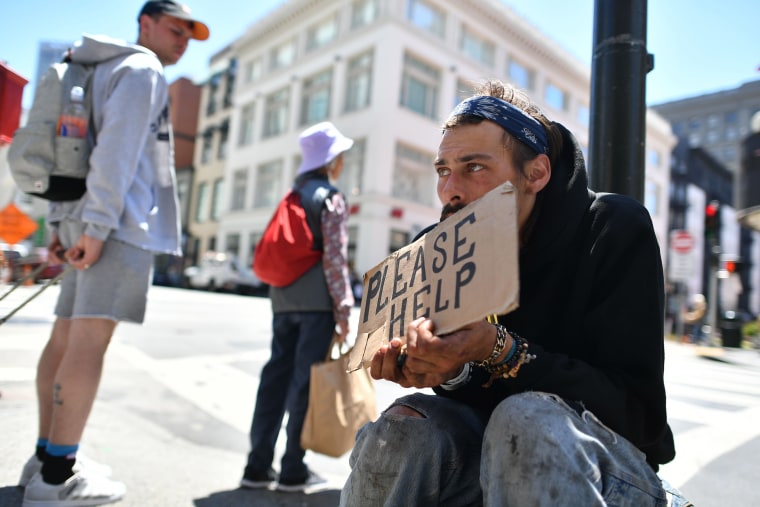Voters in San Francisco approved a new corporate tax on Tuesday that will raise $300 million a year from the city’s largest companies and direct that money toward homeless services.
Proposition C, as it was known to voters, is the largest corporate tax increase in San Francisco history. The measure passed with 59.9 percent of the vote.
While the tax is a local issue, it gained national attention after its most vocal billionaire supporter, Marc Benioff, founder and co-chief executive officer of Salesforce, began to spar on social media with other tech titans, including Jack Dorsey, CEO of Square and Twitter.
Benioff, a native San Franciscan who has his name on a children’s hospital in the city, donated more than $7.8 million in personal and corporate money to the campaign to pass Proposition C. He celebrated the win on Tuesday night, tweeting: “Thank you, San Francisco.”
While everyone involved expressed their support for helping the homeless, Dorsey and other tech titans said they did not believe Proposition C was the right way to do it.
The city’s complex tax code means that Proposition C will hit financial service companies, such as Dorsey’s Square and competitor Stripe, disproportionately to other large San Francisco companies.
Salesforce, the largest employer in San Francisco, would pay around $10 million per year, according to estimates, while Square, which is one-third the size of Salesforce, would pay more.
“We’re happy to pay our taxes. We just want to be treated fairly with respect to our peer companies, many of whom are 2-10x larger than us,” Dorsey wrote on Oct. 19. “Otherwise we don’t know how to practically grow in the city. That’s heartbreaking for us as we love SF and want to continue to help build it.”
With Proposition C getting the thumbs up from voters, companies with more than $50 million in gross annual receipts will now be taxed on any gross annual receipt revenue in San Francisco. The city already has a gross receipts tax, which is usually calculated by taking a company's global revenue and multiplying it by an "apportionment percentage," which is based on their business category. Depending on their category, businesses could pay an additional tax of between .175 percent to .69 percent.
Patrick Collison, co-founder and CEO of Stripe, called Proposition C “well intentioned” but said it “comes with no systemic changes or effective accountability.”
Even the city’s mayor, London Breed, who ran on a platform of solving homelessness, opposed Proposition C due to the lack of accountability and controls available in her office.
Funding for homeless services has “increased dramatically in recent years with no discernible improvement in conditions,” she said in a statement. “Before we double the tax bill overnight, San Franciscans deserve accountability for the money they are already paying.”
